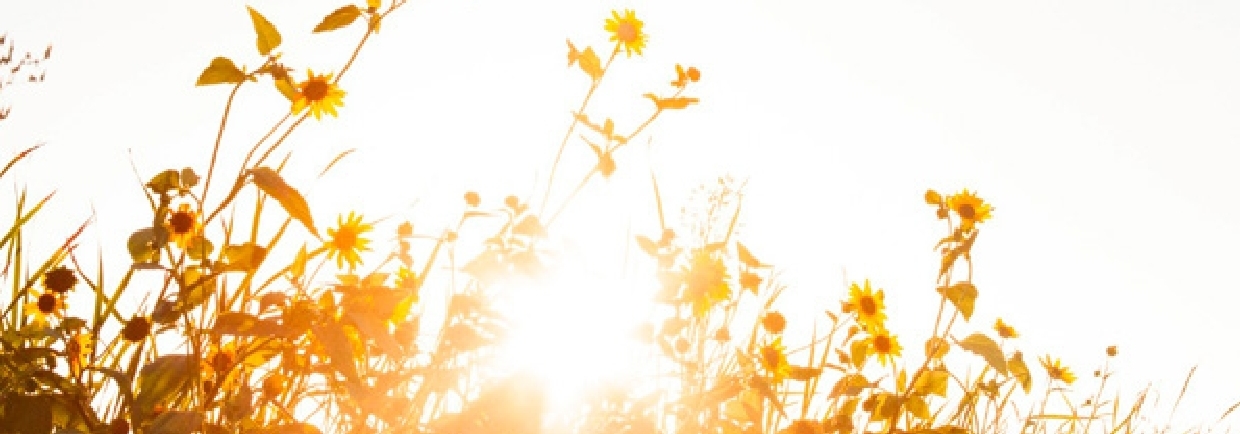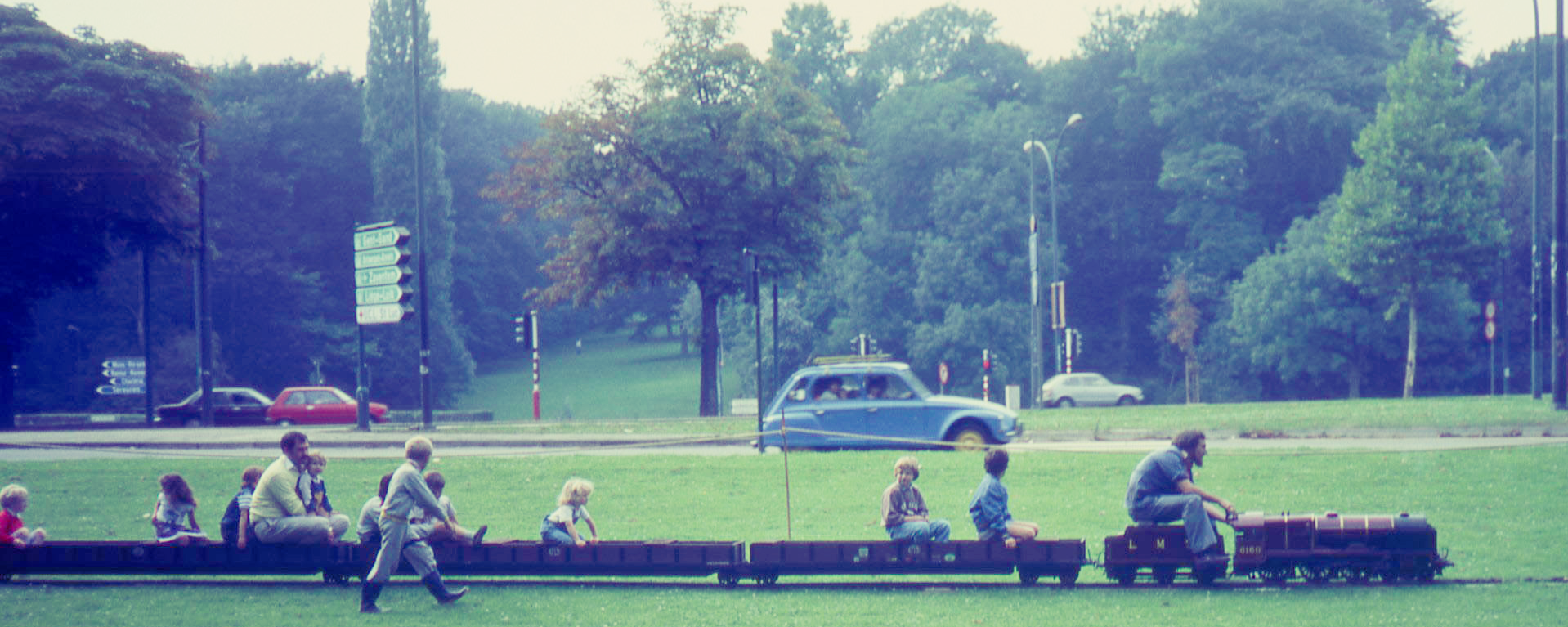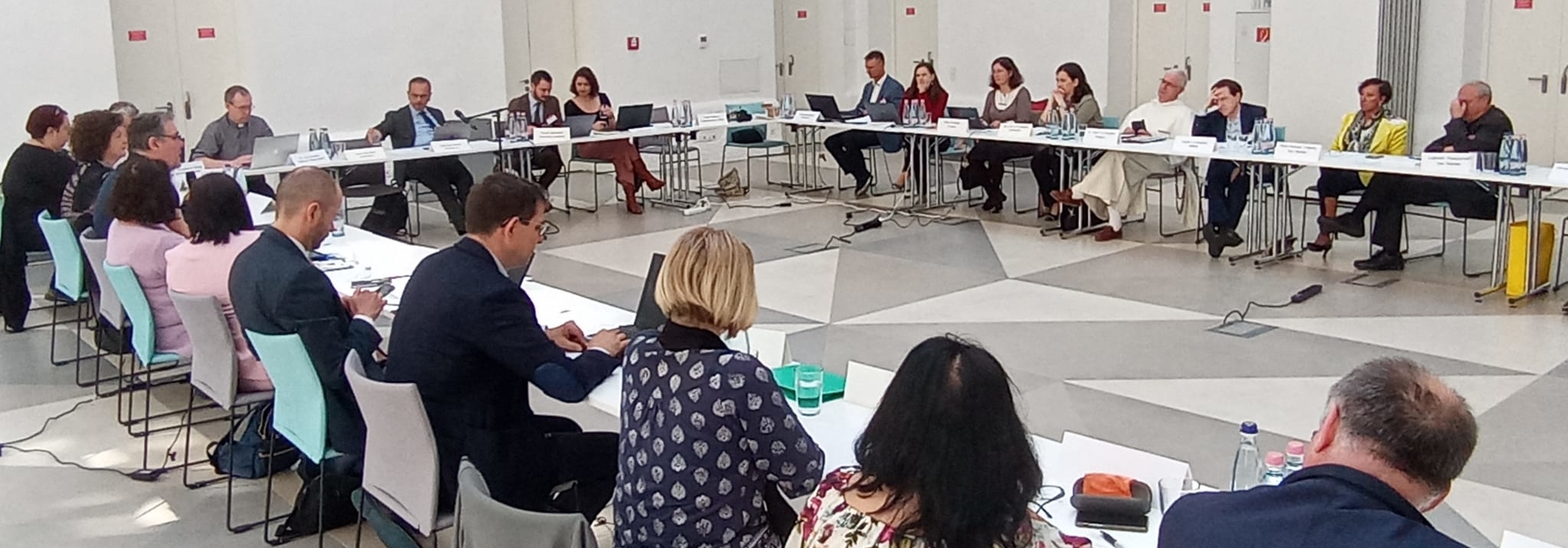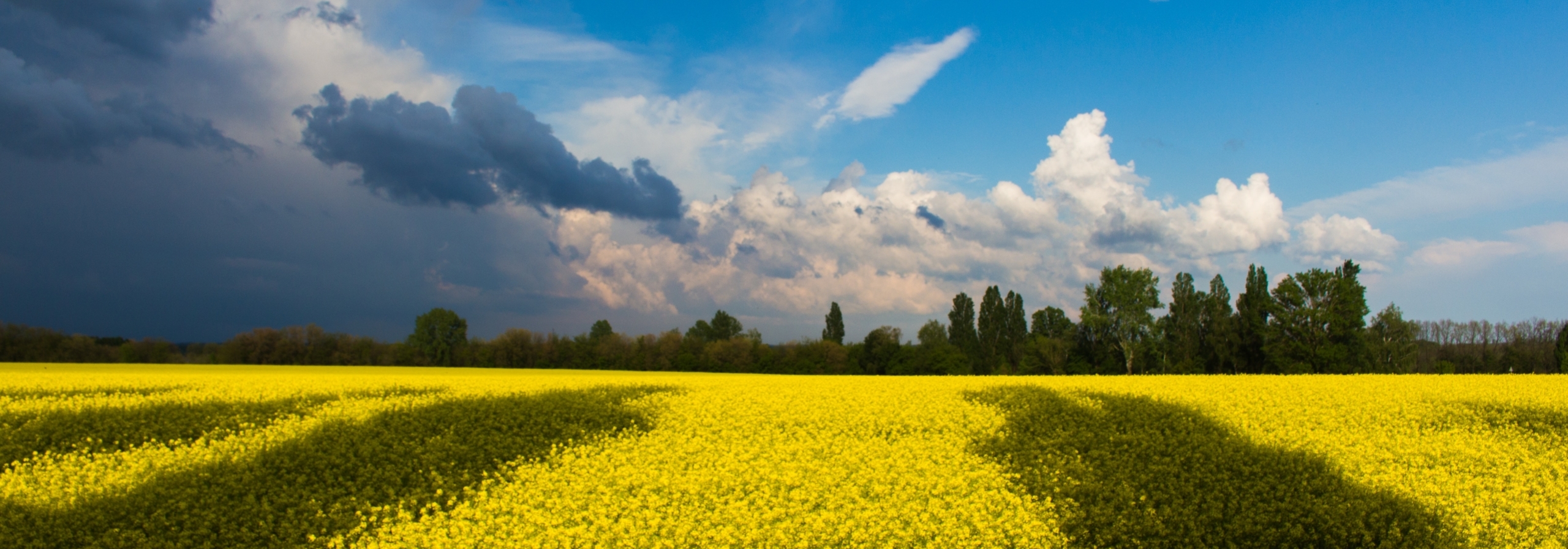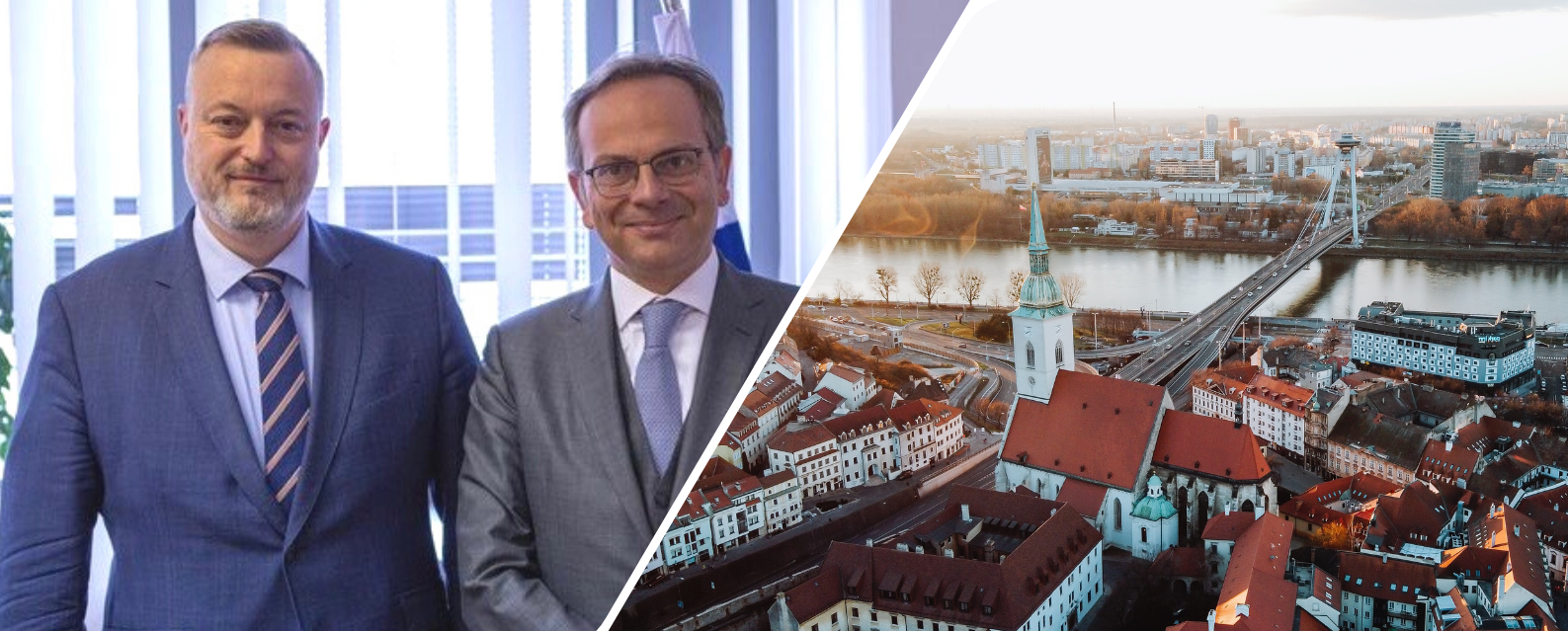Art & Family
The Family is very connected with Art. In this page we would like to encourage families with all their members to live with Art and to make of art by their lives living their faith.
As John Paul II Pope said in 1999 in its Letter to the Artists “Society needs artists, just as it needs scientists, technicians, workers, professional people, witnesses of the faith, teachers, fathers and mothers, who ensure the growth of the person and the development of the community by means of that supreme art form which is “the art of education”. Within the vast cultural panorama of each nation, artists have their unique place. Obedient to their inspiration in creating works both worthwhile and beautiful, they not only enrich the cultural heritage of each nation and of all humanity, but they also render an exceptional social service in favor of the common good.
The particular vocation of individual artists decides the arena in which they serve and points as well to the tasks they must assume, the hard work they must endure and the responsibility they must accept. Artists who are conscious of all this know too that they must labour without allowing themselves to be driven by the search for empty glory or the craving for cheap popularity, and still less by the calculation of some possible profit for themselves. There is therefore an ethic, even a “spirituality” of artistic service, which contributes in its way to the life and renewal of a people. It is precisely this to which Cyprian Norwid seems to allude in declaring that “beauty is to enthuse us for work, and work is to raise us up”.
The distinction between the moral and artistic aspects is fundamental, but no less important is the connection between them. Each conditions the other in a profound way. In producing a work, artists express themselves to the point where their work becomes a unique disclosure of their own being, of what they are and of how they are what they are. And there are endless examples of this in human history. In shaping a masterpiece, the artist not only summons his work into being, but also in some way reveals his own personality by means of it. For him art offers both a new dimension and an exceptional mode of expression for his spiritual growth. Through his works, the artist speaks to others and communicates with them. The history of art, therefore, is not only a story of works produced but also a story of men and women. Works of art speak of their authors; they enable us to know their inner life, and they reveal the original contribution which artists offer to the history of culture. A noted Polish poet, Cyprian Norwid, wrote that “beauty is to enthuse us for work, and work is to raise us up”. The theme of beauty is decisive for a discourse on art. It was already present when I stressed God’s delighted gaze upon creation. In perceiving that all he had created was good, God saw that it was beautiful as well. The link between good and beautiful stirs fruitful reflection. In a certain sense, beauty is the visible form of the good, just as the good is the metaphysical condition of beauty. This was well understood by the Greeks who, by fusing the two concepts, coined a term which embraces both: kalokagathía, or beauty-goodness. On this point Plato writes: “The power of the Good has taken refuge in the nature of the Beautiful”.
Tate Gallery is inviting us to Explore how artists have responded to the theme of Family
National Gallery Art is inviting you to Discover a variety of multi-generational programs
Kids and Families. The Met Museum has so much to offer kids and their families
CONFERENCE INVITATION | FAFCE XXV Anniversary: “Celebrating the Beauty of the Family”
The Federation of Catholic Family Associations in Europe celebrates this year its 25th anniversary with Pope Francis in Rome. We are therefore happy to invite you to a conference on PROGRAMME 10 June 2022 (16:30 - 20:00)
The Council of Europe calls to protect children from online pornography
16 May 2022, On the 25th of April 2022, the Parliamentary Assembly of the Council of Europe (PACE) adopted a Resolution “For an assessment of the means and provisions to combat children's exposure to pornographic content”. The report, carried
PRESS RELEASE | FAFCE celebrates the International Day of Families
The 15th of May, is the International Day of Families. FAFCE President, Vincenzo Bassi, declares: “This is a special occasion to say thank you to our families, to all its members. It is a precious moment to highlight the hidden and priceless work of many fathers and mothers and the contribution of our families and family networks to the social cohesion of our communities.
PRESS RELEASE | FAFCE Board: Families and family associations, builders of peace
PRESS RELEASE | FAFCE Board: Families and family associations, builders of peace Vác, 6 May 2022 FAFCE Board gathered in the city of Vác (Hungary), from the 4th to the 6th of May. These three days meeting represents
FAFCE Spring 2022 Board Resolution “Families and family associations are builders of peace”
FAFCE Board Resolution Vác (Hungary), 6 May 2022 Families and family associations are builders of peace Echoing the FAFCE event on the 13th of May 2021 on “The Family: Antidote to Loneliness, Beyond the Pandemic”, stressing the importance of
FAFCE Dialogue #5 with Milan Krajniak, Minister of Labour, Social Affairs and Family of the Slovak Republic
27 April 2022, Last Monday, FAFCE organised the fifth edition of its FAFCE Dialogues, a series of dialogues in which FAFCE President, Vincenzo Bassi, exchanges with national Ministers responsible for family on the question of demographic challenges in the

